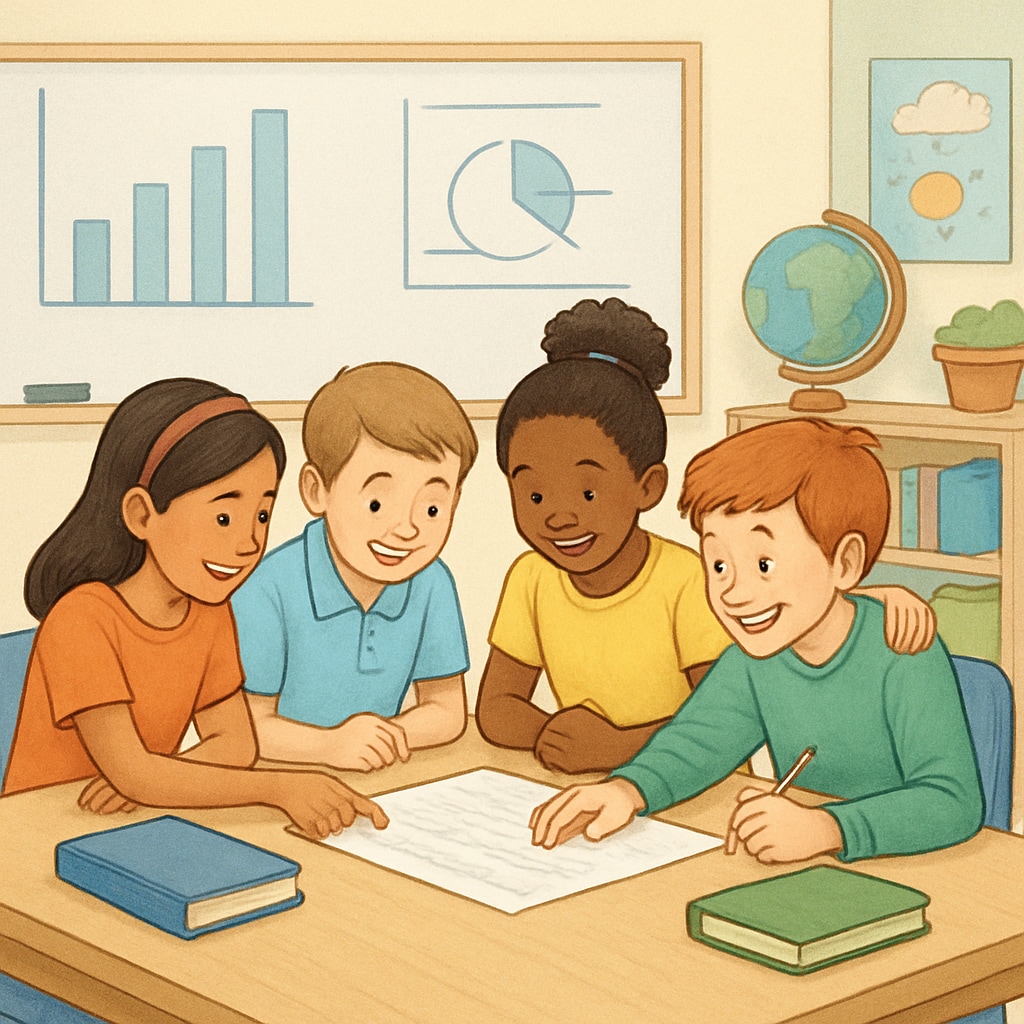Education plays a pivotal role in shaping an individual’s character and thinking patterns, particularly during the formative K12 years. The development of critical thinking, self-awareness, and inclusivity in students is essential not only for academic success but also for personal growth and societal contribution. In this article, we explore the profound impact of K12 education on these traits and provide actionable strategies for schools and families to collaborate in nurturing well-rounded individuals.
Building Character: The Foundation for Positive Personal Growth
Character development is one of the most significant outcomes of K12 education. Traits such as empathy, integrity, and resilience are cultivated throughout this stage, helping students navigate challenges and build meaningful relationships. Schools foster these qualities through various initiatives, including community service programs, leadership opportunities, and ethics-based curricula.
For example, integrating social-emotional learning (SEL) into the classroom has proven to be a powerful tool for character building. SEL focuses on teaching students to understand their emotions, empathize with others, and make responsible decisions. As a result, they learn to manage conflicts and approach diverse perspectives with respect.

Fostering Critical Thinking: The Key to Lifelong Learning
Critical thinking—the ability to analyze, evaluate, and synthesize information—is a cornerstone of intellectual development. K12 education lays the groundwork for these skills by challenging students to question assumptions, solve problems, and think independently. Teaching methods such as project-based learning and Socratic questioning encourage deeper engagement with academic content.
Moreover, integrating technology into education enhances opportunities for critical thinking. For instance, digital tools that simulate real-world scenarios allow students to explore complex concepts and understand the implications of their decisions. This prepares them for future challenges in rapidly evolving industries.

Self-Awareness and Inclusivity: Essential Traits for a Connected World
In addition to cognitive skills, K12 education significantly impacts the development of self-awareness and inclusivity. Self-awareness enables students to identify their strengths, weaknesses, and values, while inclusivity fosters respect for diversity. These traits are critical for success in a globalized world where collaboration across cultures is increasingly important.
Schools can promote these values by creating an inclusive environment where every student feels valued. Activities such as cultural exchange programs, diversity workshops, and peer mentoring encourage students to embrace differences and develop a global perspective.
As a result, students not only excel academically but also contribute positively to their communities, demonstrating a commitment to equity and understanding.
Practical Strategies for Collaboration Between Schools and Families
The success of character and critical thinking development relies heavily on the collaboration between schools and families. Here are some practical strategies to strengthen this partnership:
- Regular Communication: Parents and teachers should maintain open lines of communication to discuss students’ progress and address any concerns.
- Shared Values: Aligning values between home and school environments ensures consistency in character development.
- Involvement in Activities: Parents can support school initiatives like community service projects or extracurricular programs to reinforce learning at home.
- Modeling Behaviors: Both educators and parents should model empathy, critical thinking, and inclusivity to inspire students.
By working together, schools and families can create a cohesive support system that nurtures students’ growth holistically.
Conclusion: The K12 education system is instrumental in shaping the future by cultivating critical thinking, character, and inclusivity in students. Through innovative teaching methods and collaborative efforts between schools and families, we can empower the next generation to become thoughtful leaders and compassionate citizens.
Readability guidance: This article uses short paragraphs, active voice, and accessible vocabulary to ensure clarity. Lists summarize key points effectively, and transitions between ideas maintain a smooth flow.


